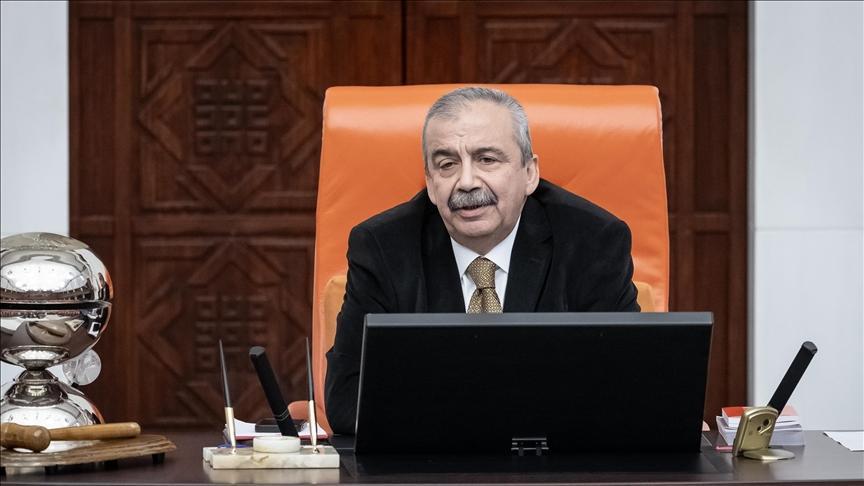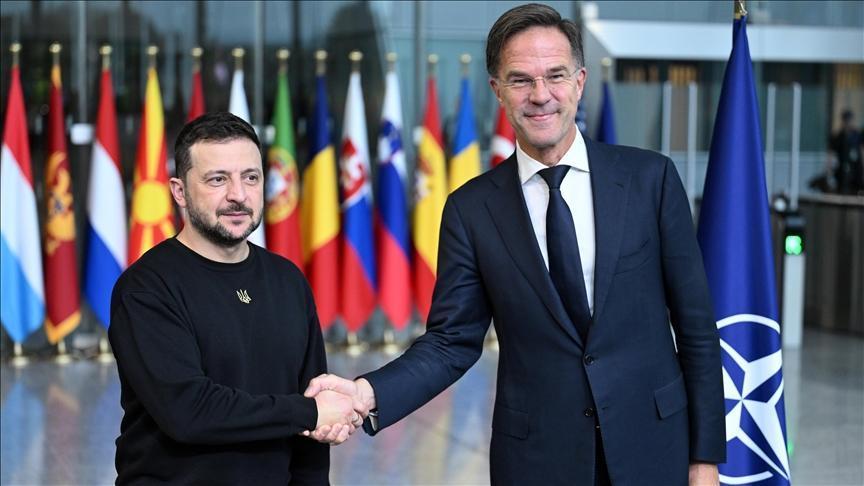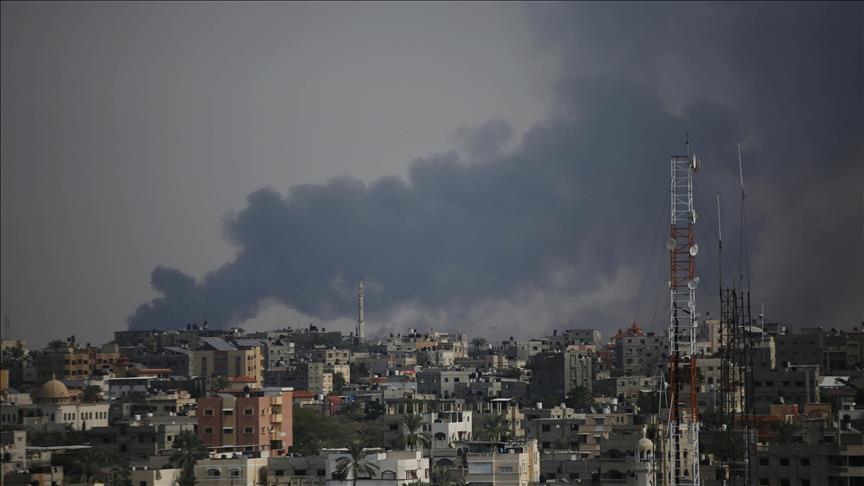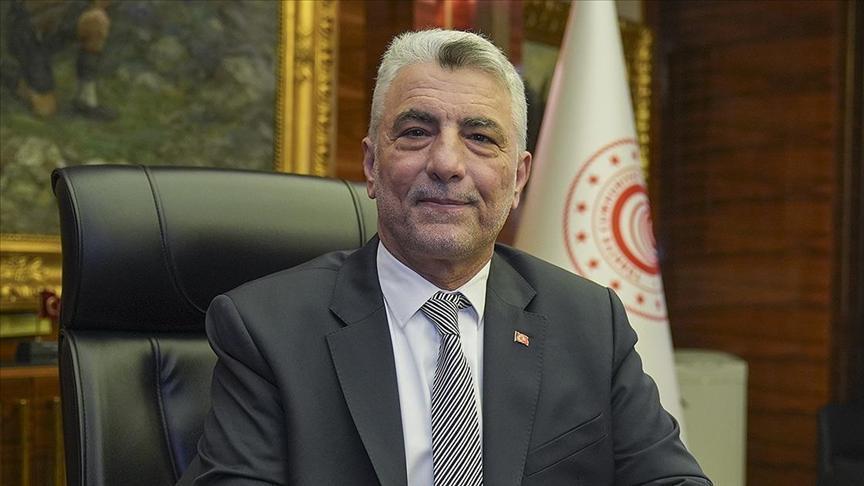Kin of migrants from Greece want free travel
DOĞAN HIZLAN
We should all think about the problems of the refugees of the forced population exchange between Greece and Turkey in 1923.I find historic truths in the memoirs and literature of the refugees that are reflected today.
Why, you would ask. A voluntary or involuntary exile features rather more explainable components. Here, most of our journalists, writers, poets, artists and politicians have experienced such a forced exile.
We come across them in every era; we read their books.
The situation of the refugees of the forced population exchange is different. States and government decide on their behalf; what is left for them to do is just to leave the place they have lived for years.
They are strangers to the country they have been sent. When they have parted from their country, they nurture a never-ending longing. In the place they have arrived, they are regarded and treated as strangers, as an “other.”
No doubt I am not only considering the Turkish refugees while I’m writing this; I am trying to perceive the situations of refugees of several countries.
When I visited Athens, I witnessed that those who had emigrated from Istanbul are still yearning for Istanbul. I have observed that they have not been able to merge with those living there.
In summer, when I visit Gökçeada (Imbros) Island, I have seen how happy they become, those who live in Greece and come here during the summer. I have held heart-to-heart talks with them. Not only have I visited them, I have also listened to the issues of those living there on my return from Thessaloniki.
Some sections of the Joint Declaration of Refugee Organizations reveal the difficult situation of the grandchildren of the refugees:
“We want the visa wall to be removed.
“We demand from the Greek government and European Union officials the removal of the visa wall between the two populations. We consider the visa application as a major obstacle before the multicultural society approach the EU is trying to create. We also ask the Turkish government to follow up on this humane demand of ours. We, as Turkish citizens, just like the Greek Orthodox refugees, want to visit the lands where our family elders have been born without a visa.
“We want cultural heritage to be protected.
“Also, we demand from the Turkish government and the Greek government the restoration and protection of those holy venues left over from the refugees that have survived up until today such as mosques, churches, Islamic monasteries, monasteries, tombs, martyrs’ cemeteries and cemeteries. We expect the central administrations to support financially and technically the efforts of local governments and nongovernmental organizations in Turkey and in Greece for the protection of architectural heritage.
“We, as the children and grandchildren of refugees, on the 90th anniversary of the Forced Population Exchange, believe wholeheartedly that peace can be achieved instead of conflict in the Balkans, in the Aegean Islands and in the geography we live in, and that an environment of cohabitation in the place of exile can be created for the ‘different’ one.”
At the end of the declaration, there are the signatures of The Foundation of Lausanne Treaty Emigrants and 22 more associations.
It needs to be taken into consideration.
Doğan Hızlan is a columnist for daily Hürriyet in which this piece was published on Feb. 7. It was translated into English by the Daily News staff.
DOĞAN HIZLAN - dhizlan@hurriyet.com.tr











